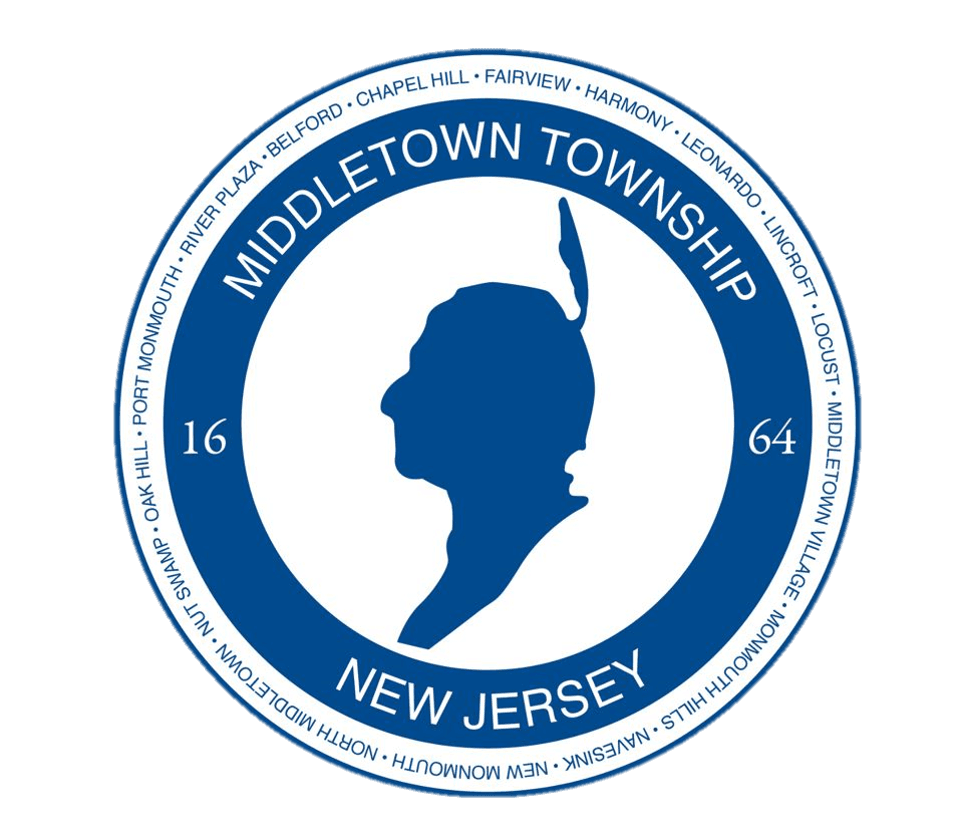MIDDLETOWN – In Mayor Tony Perry’s view, municipal officials in Middletown will not “turn their backs on those who need safe and affordable housing.”
Perry and Township Administrator Anthony Mercantante discussed the state of affordable housing in Middletown during recent interviews with the Independent.
In mid-2019, Middletown officials ended negotiations with representatives of the Fair Share Housing Center, Cherry Hill, which advocates for the construction of affordable housing throughout New Jersey. They said representatives of the organization signed off on the move.
“It had been four years of negotiating with the Fair Share Housing Center and it seemed like we would not get to an agreement,” Perry said. “I don’t need a nonprofit funded by developers to tell me what affordable housing should look like.
“I will never regret the vote I took to withdraw from the proceedings (with the Fair Share Housing Center). High density housing will not be the wave of the future,” Perry said.
Perry and Mercantante said it has been and will continue to be the policy of municipal officials to work to provide affordable housing in the community through a variety of ways. They said there are affordable housing units available in Middletown and that residents of any municipality may apply for such a unit.
Affordable housing in New Jersey is defined as housing that is sold or rented at below market rates to individuals and families whose income meets certain guidelines.
Municipalities in New Jersey have a court mandated obligation to provide opportunities for the development of affordable housing within their borders.
Perry said Middletown officials are moving forward with a plan to construct a 100% affordable housing development for income-eligible veterans of the armed forces.
The site for that project is on Leonardville Road in the Campbell’s Junction section of the township and the building is expected to include 12 units.
Mercantante said while there is still a need for affordable housing, “it’s a bigger issue than Middletown can solve alone, but we are doing our part.”
For example, he said the township has built about 35 homes at various sites and sold those homes as affordable housing. Mercantante said there are about 30 accessory apartments in town that count as affordable housing units and he said a planned development on Route 35 will include affordable housing.
“We have a substantial record of providing affordable housing,” Mercantante said. “We had no intervenors in this issue and no developers looking to do projects. We are doing things that make sense for the township and we are prepared to do the right thing for the community.”
Perry said he asks himself every day, “How can I make Middletown more affordable for everybody? But the goalposts (regarding affordable housing) are always getting moved.”
The mayor said ideas to address the issue come from members of the Township Committee. He said Middletown’s elected officials will continue to try to come up with ways to provide affordable housing, outside of negotiating with the Fair Share Housing Center.

